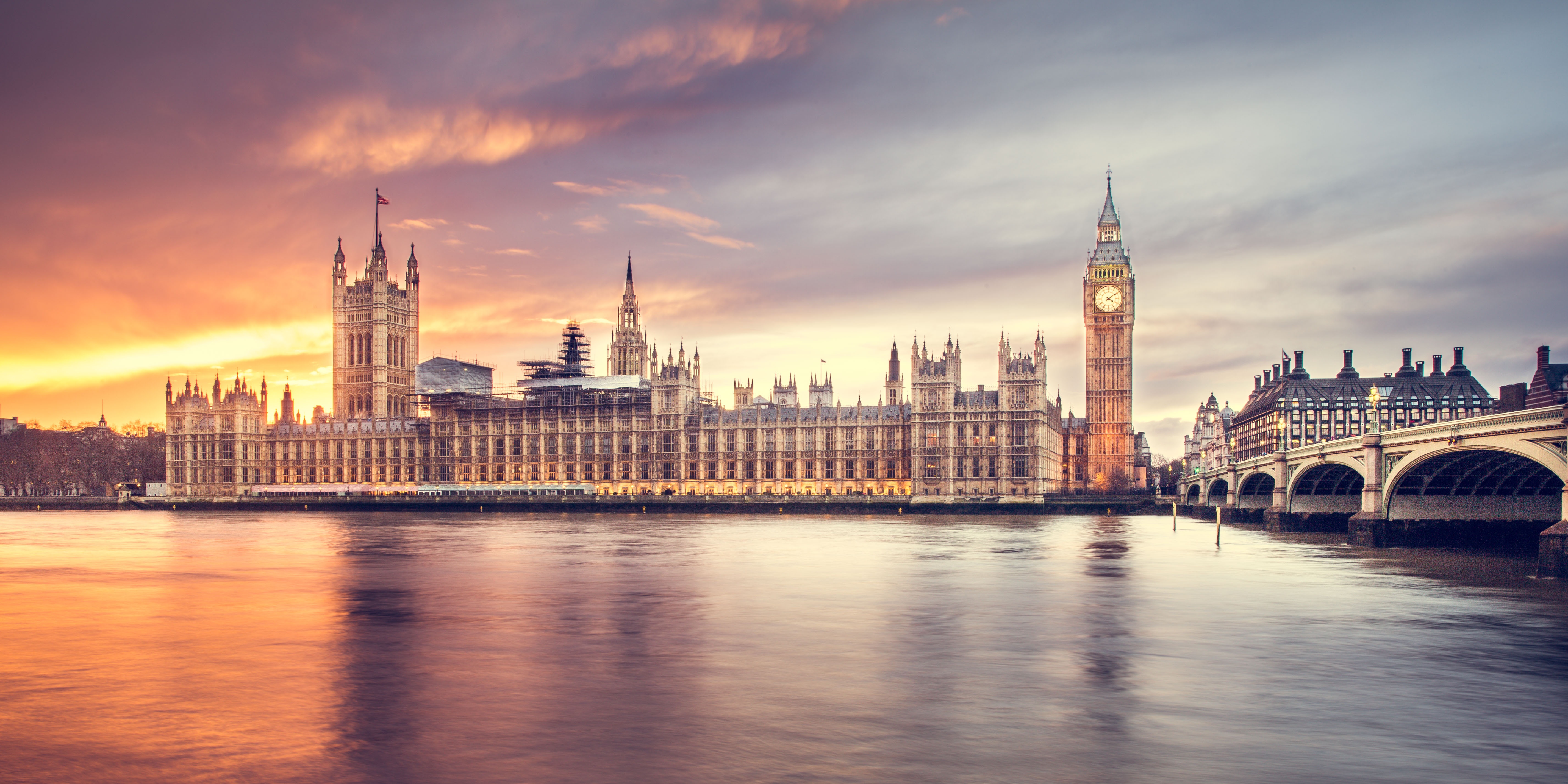
On Monday 29th October 2018, Philip Hammond delivered the Budget 2018, his third one as chancellor. His 72-minute speech started with him highlighting the hard work done by British people is paying off, heralding an end to the era of austerity.
Below are some of the key points that were brought to light at the Budget 2018.
Brexit
The chancellor announced an additional £500 million for government departments, in preparation of Brexit. This extra amount is on top of the £2.2 billion that had previously been declared, and the £1.5 billion increase declared at the spring statement.
A commemorative 50 pence coin to mark the UK’s departure from the EU, with the wording “Peace, prosperity and friendship with all nations”, was also announced.
Economic Growth
Growth for 2018 was forecasted to be 1.3% by Philip Hammond, in the Budget. He went on further to report the forecast for the upcoming years, with the economy growing by 1.6% in 2019, 1.4% in 2020, 1.4% in 2021, 1.5% in 2022 and 1.6% in 2023.
These figures, predicting the economic growth for the upcoming years, were higher than what he had reported in March at the spring statement, predicting 1.3% for 2019, 1.3% for 2020, 1.4% for 2021 and 1.5% in 2022.
Wages and personal taxation
The personal tax-free threshold, which is the rate at which people start paying income tax at 20%, was announced as rising from £11,850 to £12,500 in April 2019, a year earlier than expected. Moreover, the higher rate income tax threshold, the point at which people start paying tax at 40% will increase too, from £46,350 to £50,000.
It was also stated that the National Living Wage would rise by 4.9%, from £7.83 to £8.21 an hour.
Allowance for the Individual Savings Account (ISA) will remain at £20,000, but will increase for Junior ISA’s in line with CPI inflation to £4,368 and the same limit will apply to Child Trust Funds (CTFs).
Schools and health care
An extra £400 million “bonus” was announced for schools, for the upcoming financial year. This would result in an additional £10,000 per primary school and £50,000 per secondary school, on average. Mr Hammond also said that ten University Enterprise Zones were going to receive funding.
It was confirmed by the chancellor the NHS are to receive £20.5 billion pounds over the next five years. He stated there would be a minimum of £2 billion a year for mental health services, new mental health crisis centres to support incidents and emergencies nationwide, more metal health ambulances and a 24-hour mental health crisis hotline too.
There was also a promise of £700 million extra for councils to use to help care for the elderly and those with disabilities, and £10 million for the air ambulance.
Businesses
Philip Hammond also announced a new digital services tax of 2% on UK revenues of big technology companies, from April 2020, which will likely be implemented for companies such as Amazon, Netflix, Google, Facebook etc.
The chancellor also said that for all companies with a rateable value of £51,000 or less the government will cut their business rates bill by one third. There was also promise of provisions of £675 million to create a “future high streets fund” for councils to access to redevelop their high streets.
Housing
In the Budget 2018 it was also mentioned that the government will make available a further £500 million for their infrastructure fund, which is currently standing at £5.5 billion. This will unlock 650,000 homes.
These are some of the main highlights from the Budget 2018. If you are interested in taking a more in-depth look at the proceedings you can visit the government’s website, where the full budget is available for you to read.
